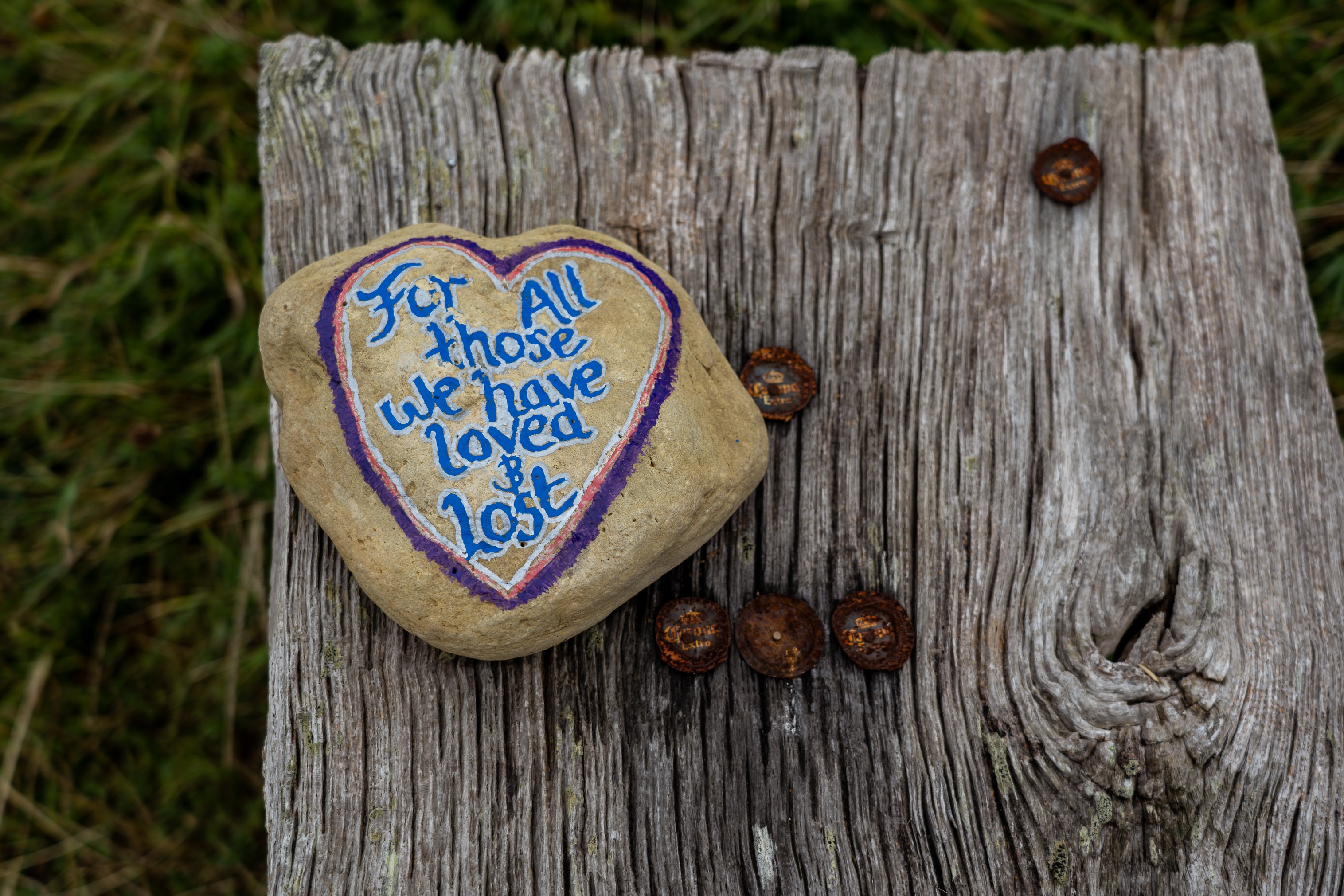Trigger warning: Grief triggers can happen at any time, so please note that a piece about grief may contain triggers for some folks. If you are grieving and are feeling particularly vulnerable, perhaps save this blog for another day.
Sarah lost her daughter unexpectedly three years ago. In an instant, her life was forever changed. Years later, she still finds herself struggling with feelings of sadness, despair, and defeat. Questions like, “I wonder what she would look like today,” “I wonder how tall she would be,” and “I wonder what sport she would play for her school or what dance style she would choose,” often consume her thoughts.
As we can see with Sarah, grief can take time to overcome. A common misconception is that grief only results from the loss of a loved one, but the reality is that a loss of any kind can lead to grief – loss of a loved one, loss of a pet, loss of a job, loss of safety, loss of ability, loss of financial security, or the loss of your life as you knew it.
Navigating grief of any kind can be a challenging process, and there’s a tendency to try to circumvent this process; however, taking shortcuts is likely to lead only to more symptoms of grief. Research shows that the only way to overcome grief is to go through it, at your own pace and in your own way.
In 1969, Elizabeth Kubler-Ross, a Swiss-American psychologist, introduced a model known as the “Five Stages of Grief,” which she believed folks move through during the grieving process. The five stages in her model are: denial, anger, bargaining, depression, and acceptance. They are intended to help us identify what we may be experiencing as we move through a loss. However, the timeline of grief is not linear. Not everyone goes through each of the stages and certainly not in a particular order either. Please note that grief is as unique as you are. Whatever route you find yourself on as you navigate your grief is personal to you and should be valued.
Research suggests that, gradually with time, most people stabilize and learn how to continue on with their lives after a loss. However, studies show that after six to 12 months, about 10% of bereaved folks do not show improvements in their functioning. They get stuck in what is referred to as “complicated grief.” They remain preoccupied with loss and longing and have difficulties engaging with others.With complicated grief, it is advised to seek help from a mental health professional.
In addition to engaging in therapy, there are other practices that can be helpful in navigating grief. Here are some considerations you might find useful:
1. In order to overcome grief, we must first experience it – in every capacity. Allow yourself to grieve. Acceptance of your loss and all of the feelings that surround it is an integral part of healing. Give yourself the space to feel the painful emotions.
2. Discovering your support system can be incredibly helpful too. Leaning on those you love can provide a sense of comfort and safety amidst pain and suffering. You might also reach out to a bereavement hotline, find a support group, and/or contact a therapist who specializes in grief and loss.
3. Remember that the grief process is not linear. Anticipate that there might be waves of grief that overcome you down the line. Sometimes, memories and deep feelings can creep in unexpectedly. This does not mean that you are not doing the work; it is simply a part of the healing process. During these moments, try to be nonjudgmental of your experience and compassionate toward yourself.
4. Some of the DBT skills we teach have applications to grief. The Distress Tolerance Skill, Distracting, may be helpful to temporarily shift away from the loss. Perhaps you distract yourself by going for a walk, spending time with a friend, or doing volunteer work. Note: Distraction is beneficial to help us get through a difficult moment, but it does not solve problems. Therefore, we want to be sparing in our use of it. Ultimately, you will need to make contact with your difficult emotions. Similarly, the Distress Tolerance Skill, Self-Soothing, may also be helpful. Here, you can use your five senses to help you find comfort and nurturance. You might light a candle and smell the aroma, go for a hike to hear the sounds of nature, or eat some of your favorite foods, savoring the flavors. Focusing on things that bring you comfort can help ease your pain. It may also be important to utilize the Distress Tolerance Skill, Radical Acceptance. Radical acceptance encourages you to accept reality completely, with your mind, heart, and body. Refusing to accept reality does not change the outcome. In fact, it is likely to lead only to more pain and suffering. Therefore, radical acceptance encourages folks to create a life worth living, even when painful events occur.
5. Finally, it is critical to recognize that grief is an entirely unique experience. Your journey is an individual one. Do what works for you.
At Gatewell Therapy Center, we are committed to helping folks who are struggling with the grieving process. Our team is skilled in working with grief, anxiety, depression, and other related concerns. If you are feeling overwhelmed by your loss, please know that we would be honored to accompany you along your journey, helping you find safety, growth, and healing.
Written by Cristina Sanchez, Gatewell Graduate Practicum Student


Published by